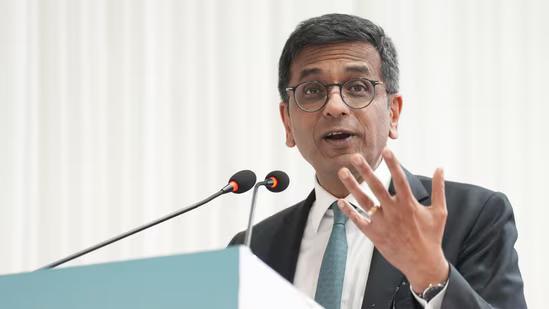 |
|
The outgoing Chief Justice of India, DY Chandrachud, shed light on the complexities of judicial independence during a recent address, highlighting that the concept extends beyond simply ruling against the government. He underscored the importance of impartiality and reasoned decision-making, regardless of the outcome's alignment with the government's stance. Chandrachud's remarks come at a time when the judiciary has faced increasing scrutiny over its perceived independence and its relationship with the executive branch.
He specifically referenced his landmark ruling against the electoral bonds scheme, which has been viewed as a significant example of judicial independence. While his decision to strike down the scheme resulted in criticism from the government, it also earned him recognition for upholding the principles of judicial independence. Chandrachud, however, contested the notion that independence is solely defined by rulings that oppose the government's position. He poignantly stated, 'When you decide electoral bonds, then you're independent, if the verdict goes in favour of the government, then you're not...That's not my definition of independence.' This statement underscores the importance of judging independence based on the process and rationale behind the ruling, not simply its outcome in relation to the government.
Chandrachud's observations hold significant implications for the broader discourse surrounding judicial independence. His words serve as a reminder that judicial independence isn't a binary state but rather a continuous commitment to upholding the rule of law and ensuring that decisions are made impartially and based on the merits of the case. It necessitates a judiciary that acts as a check on power while remaining independent from undue influence from any branch of government. Chandrachud's emphasis on reasoned decision-making underscores the importance of transparent and accountable judicial processes, further strengthening the public's trust in the judiciary as a guardian of the Constitution.
